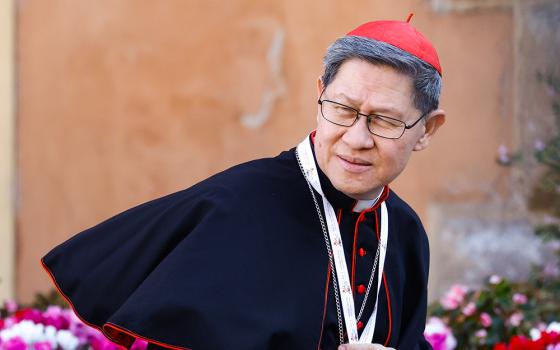With a flurry of court rulings, including a preliminary injunction from Justice Sonia Sotomayor, the HHS contraception mandate is all in the news again. If you want a good primer on the issues involved, here is the Congressional Research Service's report on the issue. It explains how the law works, how the fines apply, etc.
While we are on the topic, I wish to challenge something that was said in this morning's Washington Post on the topic by the Becket Fund's Mark Rienzi. Here are the graphs from WaPo:
On Wednesday morning, the Little Sisters would have faced an agonizing choice were it not for Sotomayor's decision, said Mark L. Rienzi, senior counsel for the Becket Fund for Religious Liberty and lead counsel representing the nuns. He said they would have had to commit a sin by signing a piece of paper asking their insurer to cover contraceptives -- or flout the law and incur significant fines.
"At the end of the day, they just can't be involved in certain things, and one of them is signing forms authorizing permission slips for these kinds of drugs," Rienzi said.
I find this tendentious. First, it is not up to a lawyer at Becket to determine sinfulness. The USCCB certainly has not said that complying with the mandate would be a sin. But, I think Rienzi mischaracterizes the self-certification process by saying it amounts to a "permission slip" for others to provide the services to which the religious institution objects. Under the terms of the accommodation, an institution that does not want to cover contraception has to self-certify that they object to covering contraception and that they meet the terms of the accommodation. This has the effect of triggering a transfer of the mandate from the institution to the insurance company or third-party administrator. But that does not make a statement of objection into a permission slip. This is the kind of reasoning that gives lawyers a bad name. And it violates another moral obligation, that of not bearing false witness. I am not a fan of the accommodation because it still draws an unnecessary distinction between a religious ministry and a house of worship. But the accommodation does not fail because it provides a religious institution the right to register an objection, even though that objection triggers a subsequent mandate for a third party. This is no "heckler's veto," and Rienzi is smart enough to know that.






